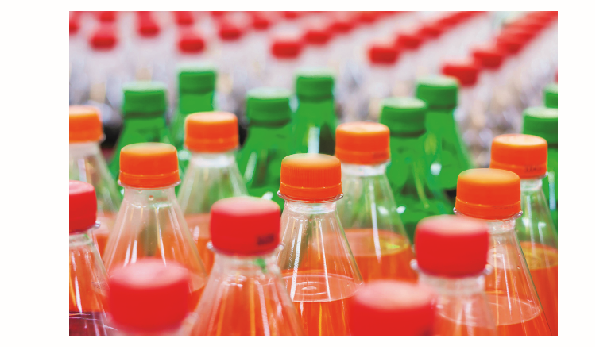A strategic business intelligence and research firm, ThinkBusiness Africa, has faulted Corporate Accountability and Public Participation Africa’s (CAPPA’s) Push for a 1,200-cent sugar-sweetened Beverage (SSB) tax hike.
In May 2025, CAPPA released a new report titled “Junk on Our Plates: Exposing Deceptive Marketing of Unhealthy Foods Across Seven States in Nigeria.”
The document called for an aggressive overhaul of Nigeria’s tax, demanding an increase from the current ₦10 to ₦130 per litre.
The report accused beverage companies of using culturally resonant advertising to manipulate consumers and tied rising rates of obesity, diabetes, and hypertension directly to SSB consumption.
However, a critical review of the report published by ThinkBusiness Africa presents a more grounded and data-driven perspective.
ThinkBusiness Africa, led by Dr. Ogho Okiti, is known for its rigorous analysis of Africa’s financial and macroeconomic landscapes.
Focusing on economic intelligence, market trends, and policy evaluation, the organisation offers a valuable lens to assess the broader implications of policy shifts like the proposed SSB tax increase.
In its counter-report, ThinkBusiness Africa challenges the analytical foundation of CAPPA’s recommendations, describing them as “statistically inconsistent and economically risky.”
According to the review, CAPPA draws its core conclusions from outdated or mismatched data, such as citing obesity trends among sedentary urban women while recommending policy interventions primarily targeting adolescent males, the demographic it identifies as consuming the most sugary beverages.
Furthermore, no published data supports CAPPA’s assumption that the ₦10/litre SSB tax has failed to curb consumption or improve health outcomes.
ThinkBusiness Africa highlights this gap, emphasising that there has been no national assessment of the current tax’s effectiveness.
“You cannot credibly propose a 1,200 per cent increase in any tax without first evaluating the impact of the existing policy,” says Dr. Ogho Okiti, CEO of ThinkBusiness Africa.
“Policy decisions must be rooted in evidence, not just urgency. The risk of overreach is high—both in economic disruption and public trust.”
Dr. Okiti further outlined the complexity of Nigeria’s beverage industry, which spans large-scale manufacturers to informal retail vendors operating across rural and urban economies. He warns that tax enforcement becomes difficult in such a fragmented market and often disproportionately affects small and medium enterprises.
“There’s a tendency in some advocacy circles to treat sugar-sweetened beverages as the sole culprit in Nigeria’s nutritional challenges,” he adds.
“But dietary health is influenced by a constellation of factors—urbanisation, income, education, processed food consumption, and sedentary behaviour. Singling out SSBs is reductionist.”



